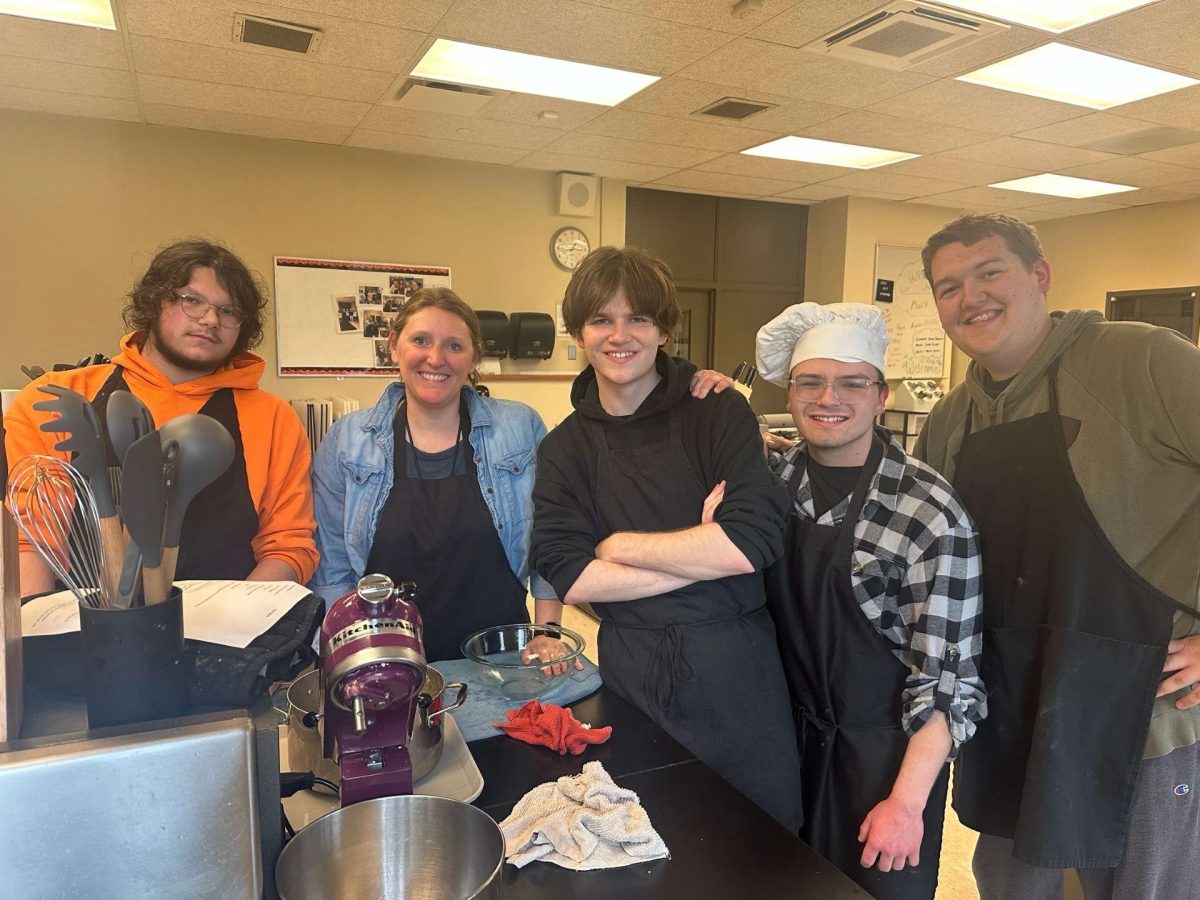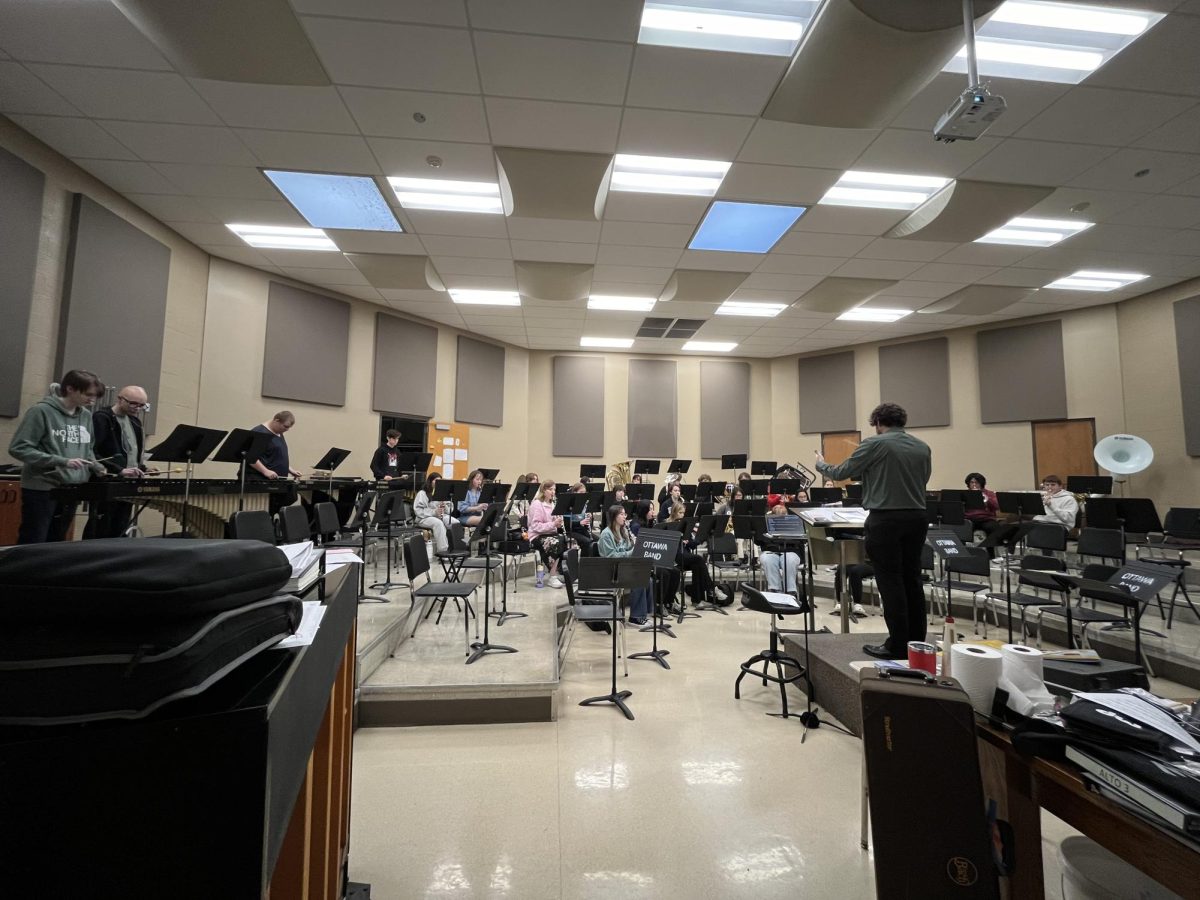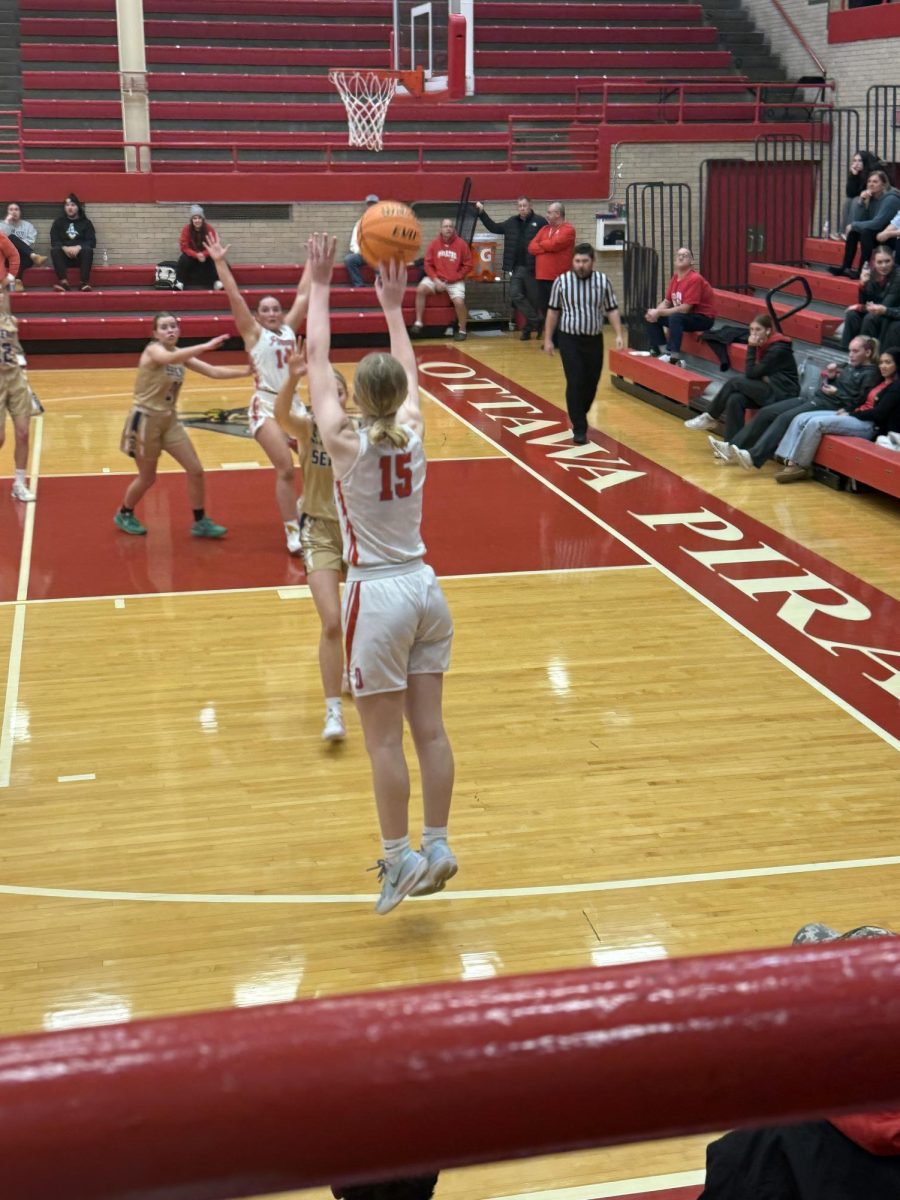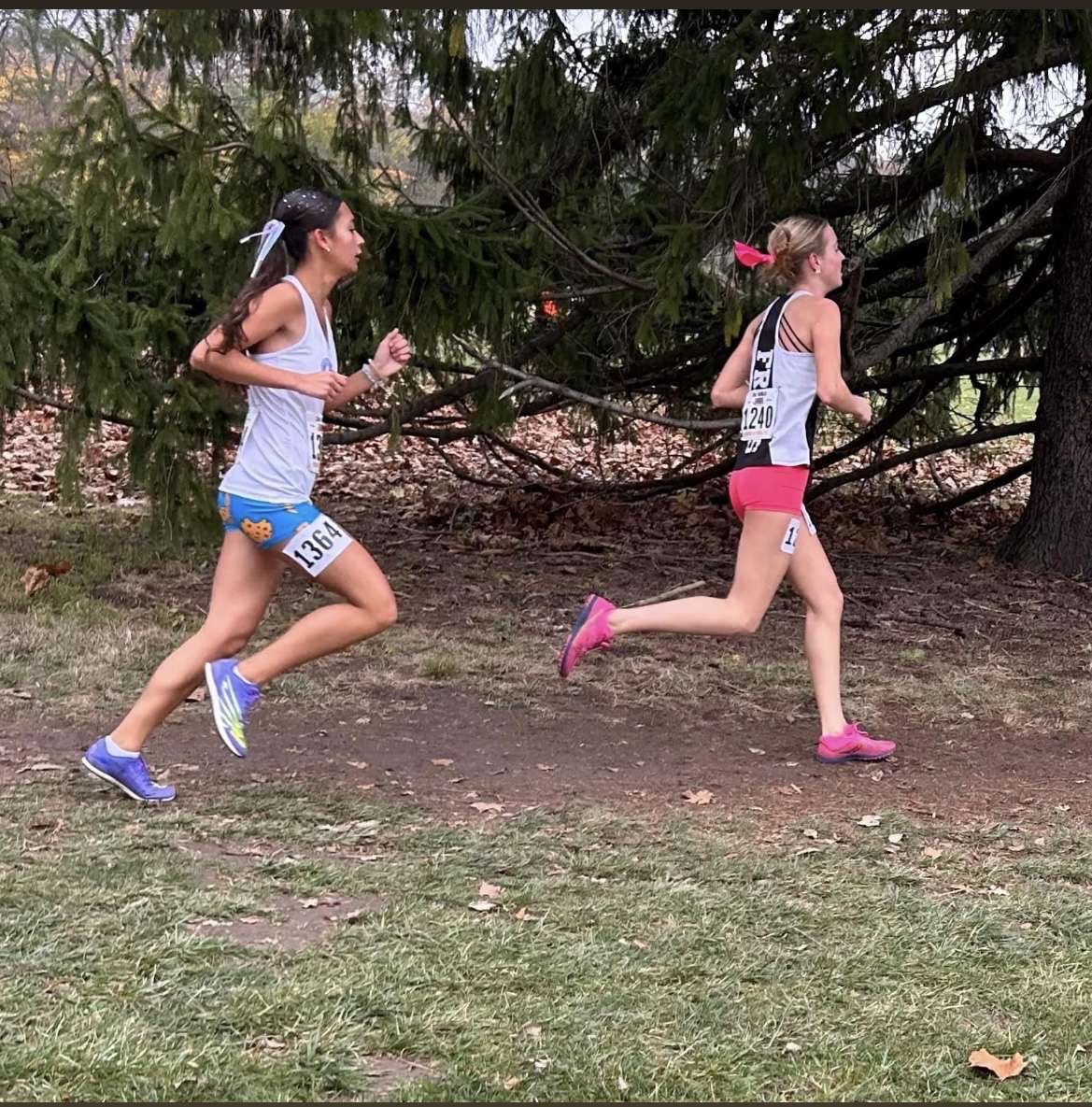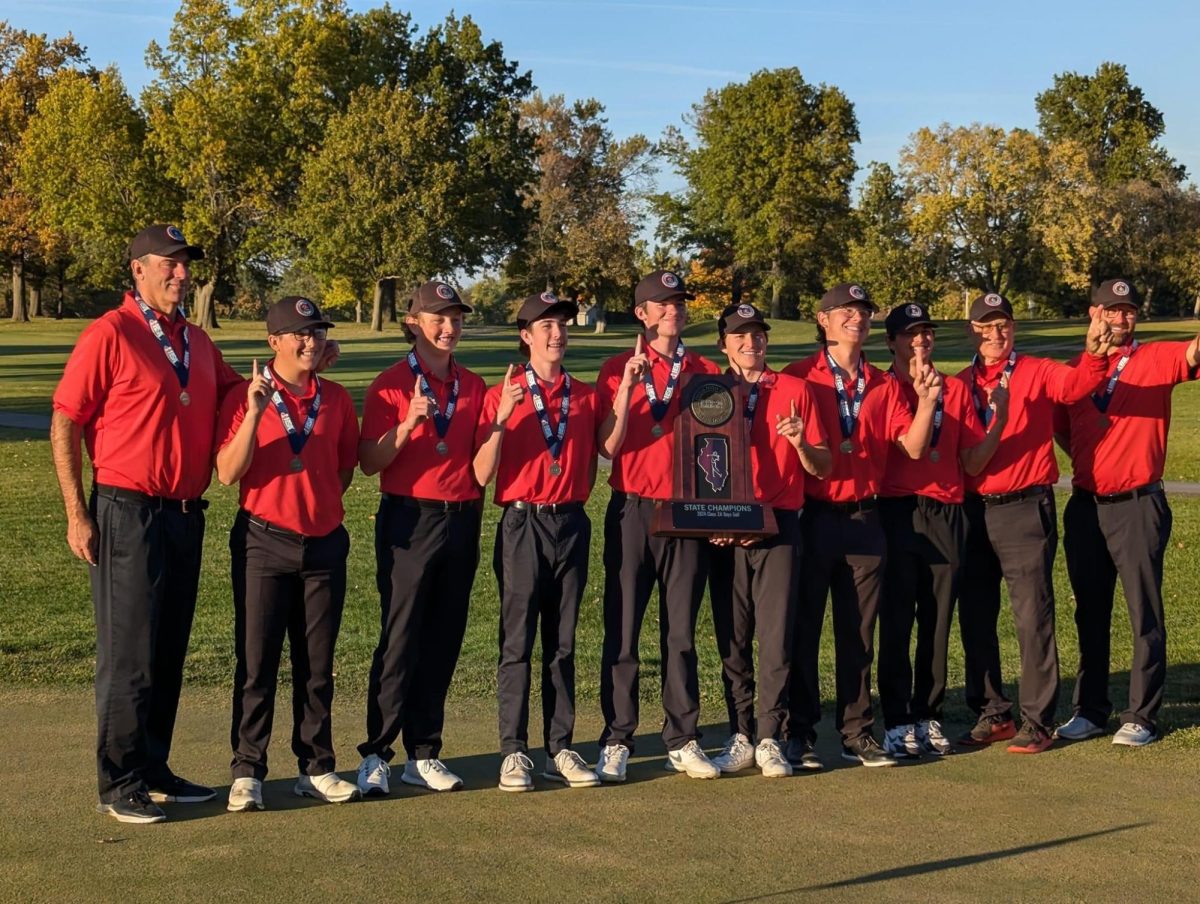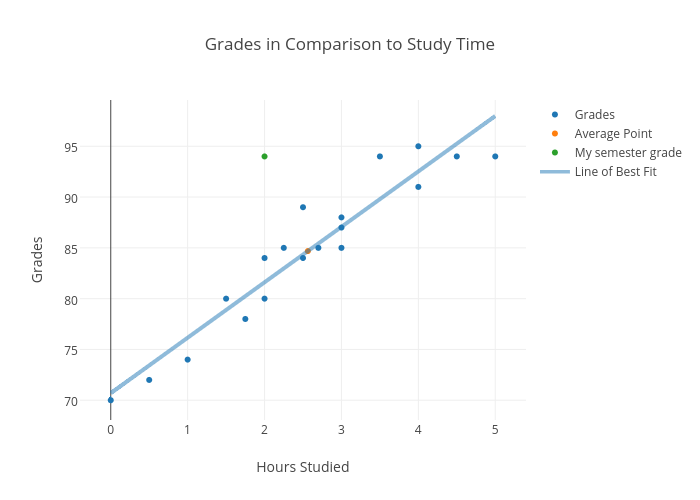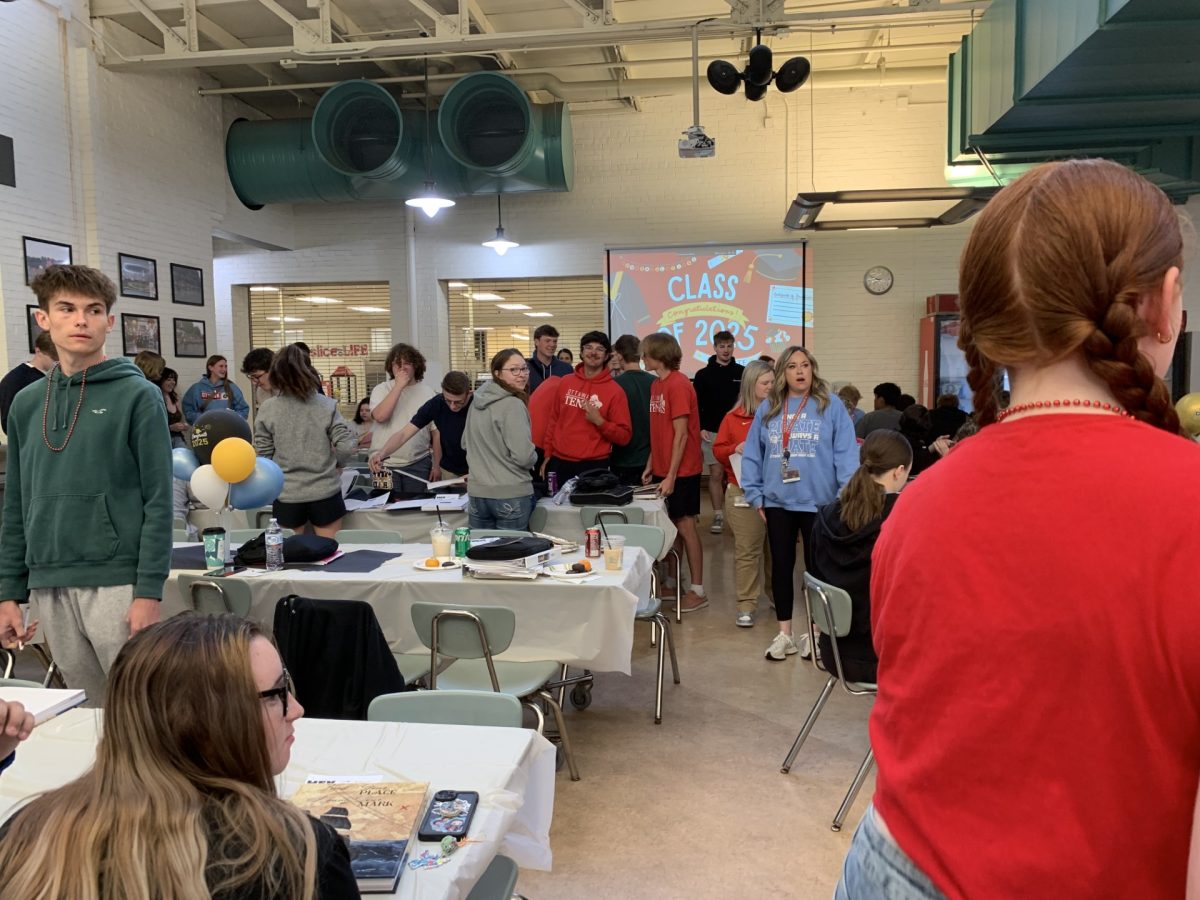Tis the season, not only for Christmas lights and holiday music, but also for late nights and long study sessions. It doesn’t need to be as stressful as students make it.
The best place to start would be to find out what you need to get on your final to get your overall desired grade. Many teachers will send out a website to help you calculate it on teams pages and through outlook.
Planning out study sessions over a long period of time will help spread out the content you need to study so you don’t need to cram. According to “The Princton Review,” “Start studying for finals a few weeks before the first exam and figure out how much time to set aside each day for each subject. Be realistic about how long it will take to, say, memorize the dates for all the Civil War battles. You need to fit in brain breaks, too!”
Most teachers hand out study guides, but there are other alternatives to prepare if they don’t. “I like to go through old notes and create a study guide. I also find old videos to help,” senior Karly Herman said. It might take a little extra effort, but the extra effort will pay off in the long run.
“Don’t just start from the beginning of your notes and try to cram everything in: Think about what you know for sure will be on each test and review that material first. Then move on to studying what will probably be on the test, then what might be covered,” according to “The Princton Review.” Targeting the important topics are important so you aren’t wasting time.
“I make Quizlets to get a brush up on the material. I also do the study guides that are handed out,” senior Aric Threadgill said.
Physical health is also important. Many teachers and counselors stress eating breakfast on exam day, so your brain is fully functioning. “I like to have breakfast. I try to stay off my phone too so I can get rid of any outside stress,” Herman said. Health experts say berries, citrus fruits, chocolate, nuts, eggs, avocados, fish and vegetables are best to improve brain health and mental performance.
